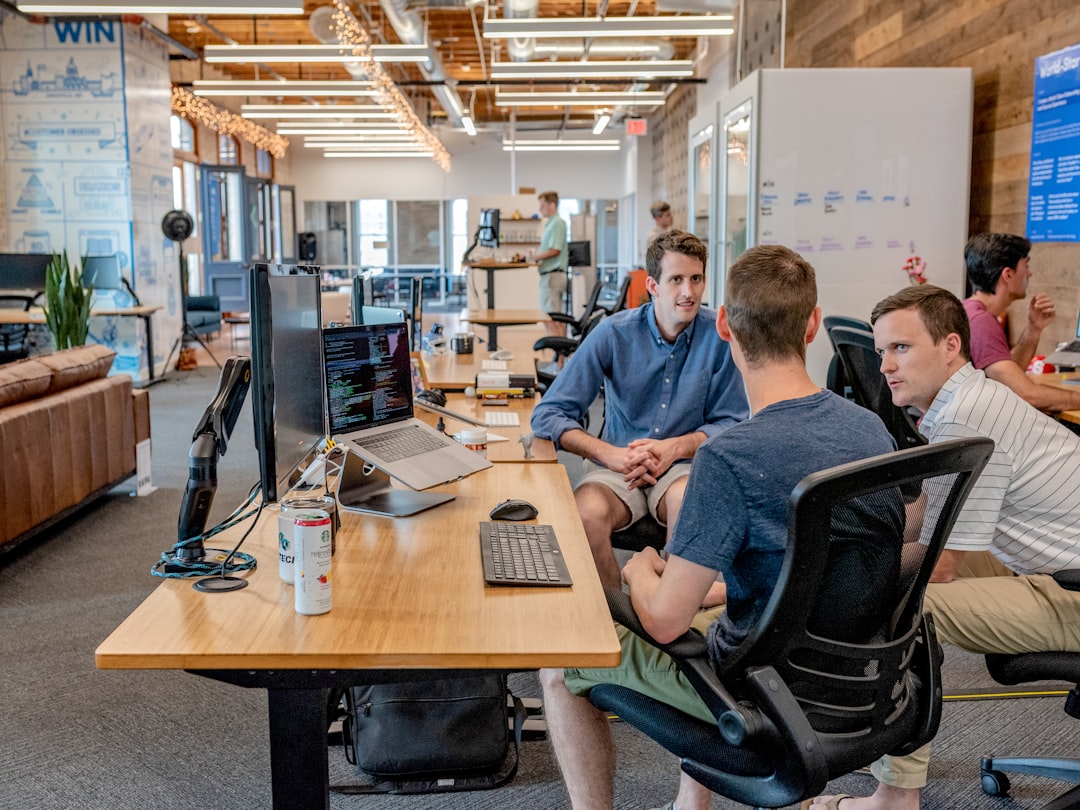
Success Stories from Economic Startups: Paving the Way for Innovation
# Introduction. In the dynamic world of entrepreneurship, economic startups have emerged as significant players driving innovation and job creation. They come with unique challenges and untold stories of resilience, creativity, and success. This blog post delves into several inspiring success stories of economic startups that have revolutionized their respective industries, contributing not only to their local economies but also to the global market. From tech innovations to sustainable solutions, these startups exemplify the spirit of entrepreneurship in today’s economy. # 1. Airbnb: Redefining Hospitality. Founded in 2008, Airbnb has transformed the way people travel and experience new cultures. What began as a simple idea to rent out air mattresses in a living room has burgeoned into a global phenomenon with millions of listings worldwide. The startup's success lies in its ability to meet travelers’ desires for unique, authentic experiences while providing homeowners with a way to monetize their extra space. Despite challenges such as regulatory hurdles and market saturation, Airbnb has evolved by listening to its hosts and guests. The company’s innovative use of technology, including personalized booking experiences and user-friendly interfaces, has played a pivotal role in its rapid growth. Today, Airbnb not only supports millions of small businesses but also empowers local economies by promoting tourism in areas that might otherwise remain underrepresented. # 2. Warby Parker: Transforming Eyewear. Warby Parker, founded in 2010, disrupted the eyewear market by providing stylish prescription glasses at affordable prices while maintaining high-quality standards. The founders recognized a significant gap in the eyewear industry—consumers were paying exorbitant prices for designer frames at traditional optical retailers. Warby Parker's innovative approach included a direct-to-consumer model, which eliminated the middleman and provided substantial savings to customers. The startup also embraced a socially responsible business model, famously pledging to donate a pair of glasses for every pair sold. Its success is attributed to its ability to combine fashion with function, along with strong branding and user-centered strategies that resonate with millennial consumers. # 3. Beyond Meat: A Sustainable Alternative. In the realm of food innovation, Beyond Meat stands out as a pioneering startup focused on creating plant-based meat alternatives. Established in 2009, the company's mission was to disrupt the traditional meat industry and promote sustainability. With growing concerns over climate change and animal welfare, Beyond Meat offered a solution to help consumers transition to a more plant-centric diet without sacrificing taste or texture. Their partnerships with major fast-food chains and retail outlets have significantly propelled their growth, making plant-based options accessible to the mainstream market. Beyond Meat's success is not only reflected in sales figures but also in its impact on reducing environmental footprints. The startup is leading the charge towards rethinking nutrition while catering to a growing demographic of eco-conscious consumers. # 4. Slack: Revolutionizing Workplace Communication. Founded in 2013, Slack began as an internal tool for a gaming company but soon evolved into a comprehensive messaging platform that transformed workplace communication. The startup's success is rooted in its ability to streamline communication, enhance collaboration, and support productivity across teams. By integrating with numerous other tools and systems, Slack has become essential for companies looking to improve efficiency. The company's user-centric approach, focusing on simplicity and accessibility, has contributed to its widespread adoption. Additionally, Slack's success lies in its commitment to fostering a positive workplace culture and community among users, which fuels customer loyalty and continued growth. # Conclusion. The success stories of these economic startups illustrate the diverse landscape of entrepreneurship and the impact these businesses can have on the global economy. Each of these companies represents a blend of innovation, resilience, and a strong commitment to meeting consumer needs. As they continue to evolve and adapt to changes in the market and society, they pave the way for the next generation of entrepreneurs. By learning from such journeys, aspiring startups can draw inspiration and insight into crafting their own paths to success. These stories highlight the vast potential of startups to bring about meaningful change while fostering economic growth. Whether through unorthodox business models, sustainable practices, or innovative solutions, economic startups are proving that great ideas can flourish and lead to extraordinary achievements. .







